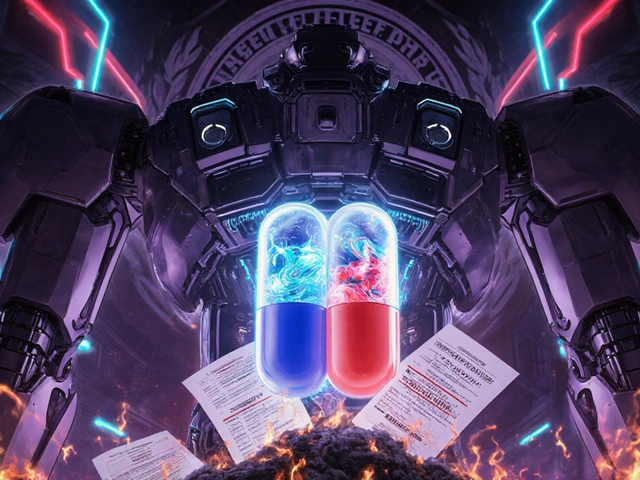Importance of Medication Safety: What You Need to Know Now
One wrong pill can cost you more than money. Medications help millions, but they also cause harm when used wrong, bought from shady sites, or mixed without checking. Knowing why safety matters makes it easier to pick the right drug, find a safe seller, and avoid avoidable risks like bad side effects or counterfeit products.
Check before you buy
Always confirm the seller. Look for a licensed pharmacy, clear contact details, and real customer reviews. If a site asks for no prescription for a prescription-only drug, alarm bells should ring. Compare prices but don’t chase the cheapest option — fake meds are often cheap. Use readable labels: active ingredient, dose, expiration, and storage. If anything looks off (odd packaging, spelling mistakes, missing batch numbers), walk away.
Ask your doctor or pharmacist about trusted online pharmacies. Many countries have a registry of licensed pharmacies you can verify. If you use coupons or services to save money, check whether discounts affect the drug’s authenticity or delivery speed. When ordering internationally, know the import rules and possible delays that could harm your treatment plan.
Use medicines the smart way at home
Read the leaflet. I know—most people skip it—but it tells you what to expect, how to take the drug, and what to avoid. Keep a list of every medicine and supplement you take and share it with your healthcare provider. That simple step can prevent dangerous interactions. Stick to the prescribed dose and schedule; skipping or doubling doses often causes more harm than benefit.
Store meds as directed: some need cool, dry places; others must stay refrigerated. Keep pills out of reach of children and pets. Dispose of unused or expired medicines safely — many pharmacies take back old meds. Never use a medication past its expiration date if it looks changed in color or smell.
Know common warning signs. Severe rash, breathing trouble, sudden swelling, fainting, or high fever need immediate medical attention. Less urgent but important signs include dizziness, persistent nausea, unusual bruising, or mood changes — tell your prescriber so they can adjust the plan.
Want alternatives? If cost, side effects, or availability are problems, ask about safe substitutes. Generic versions often work the same as brand names and cost less. There are natural options for some conditions, but talk to your clinician first — “natural” doesn’t always mean safe or effective.
Bottom line: stay curious, ask questions, and keep one step ahead. Being practical about how you buy and use medicines keeps you safer and can save time, headaches, and money. If anything feels wrong, reach out to a healthcare professional — it’s the fastest way to avoid bigger problems.




